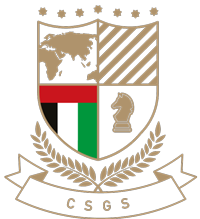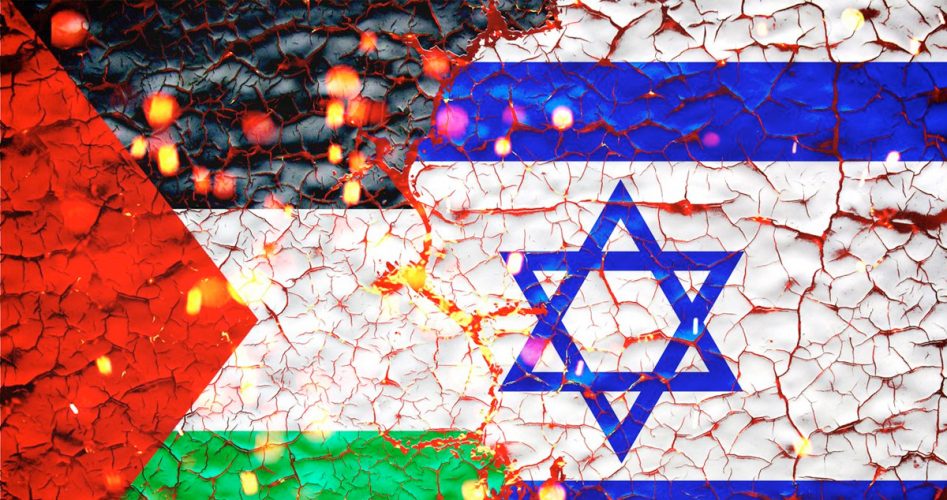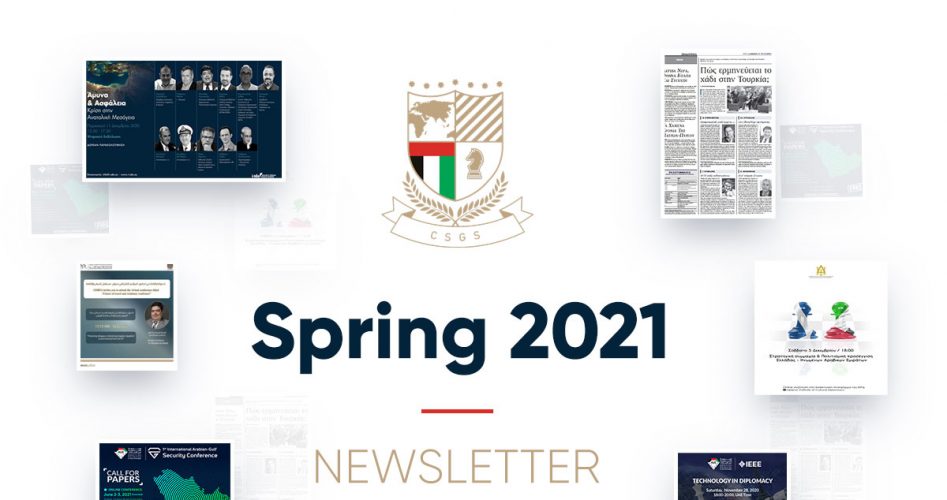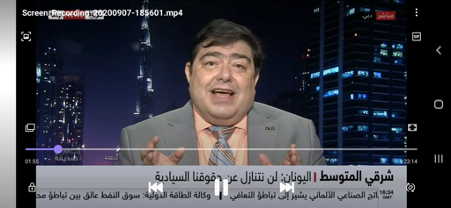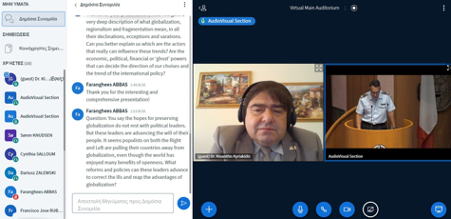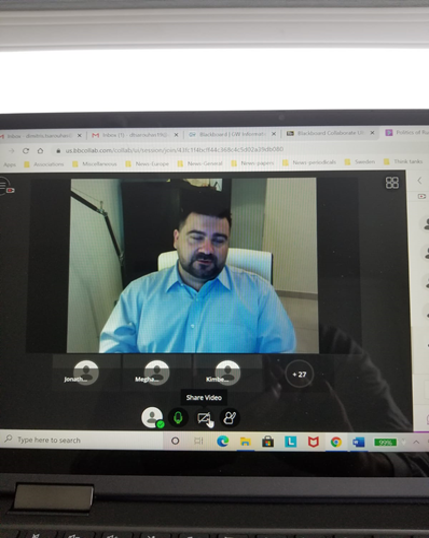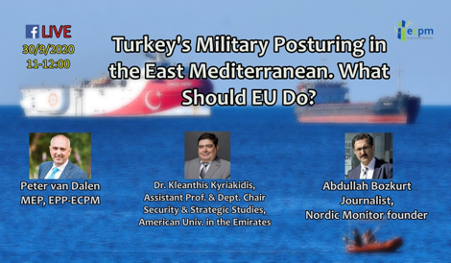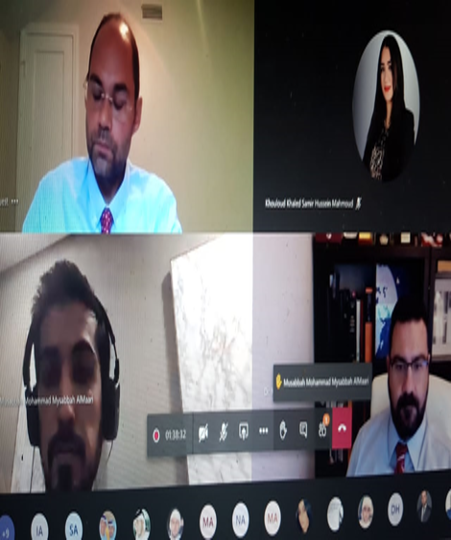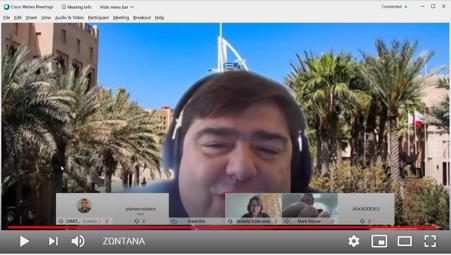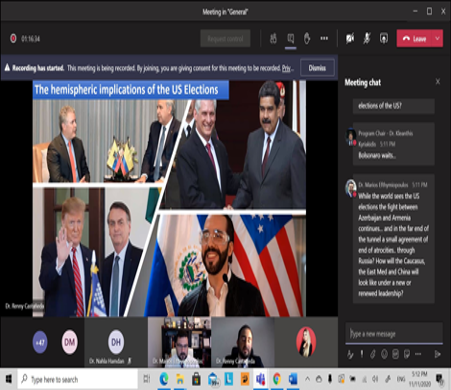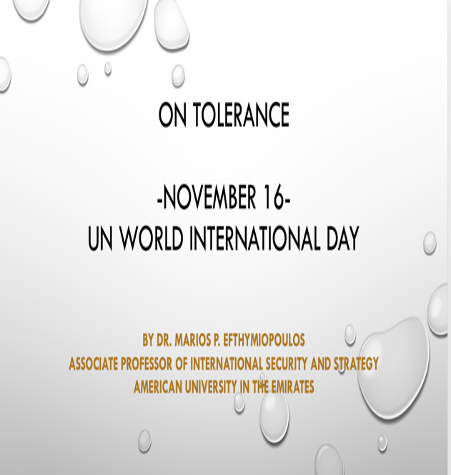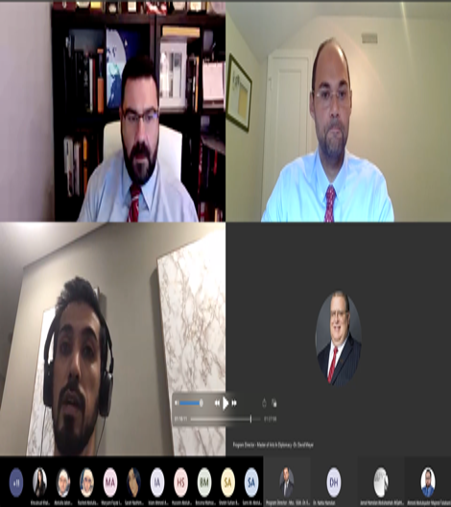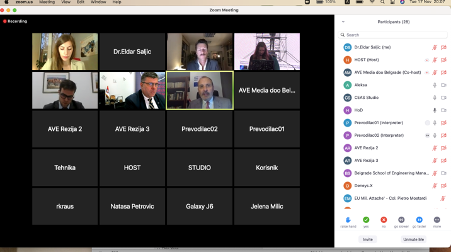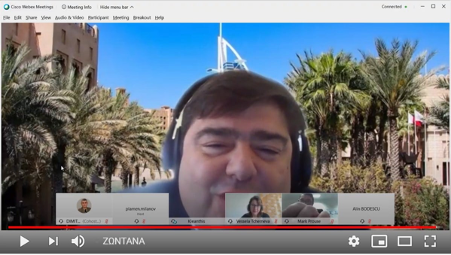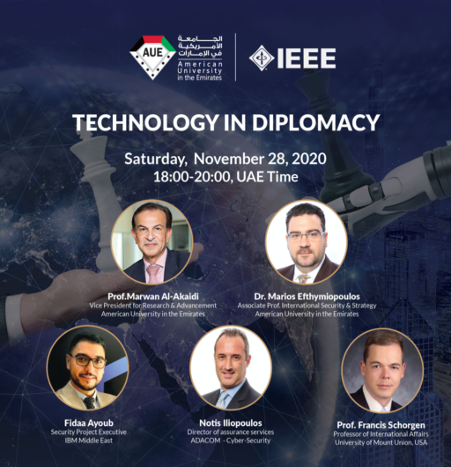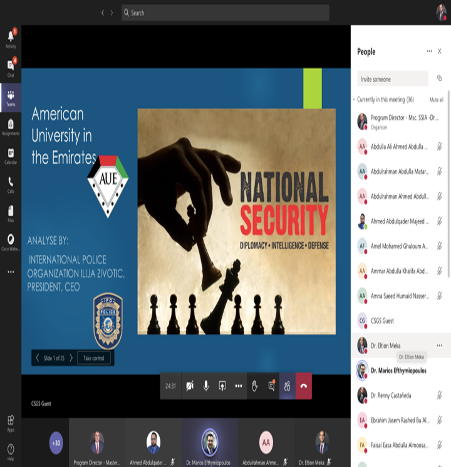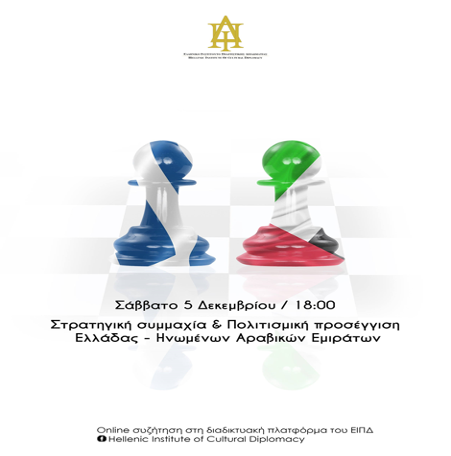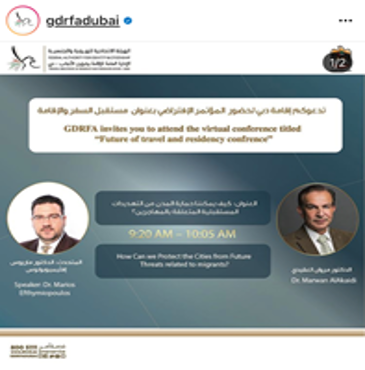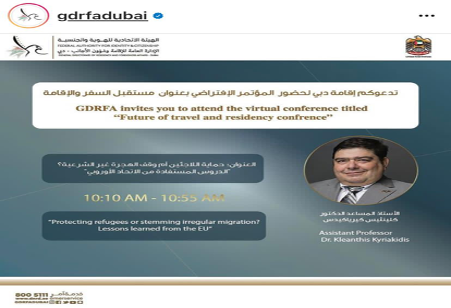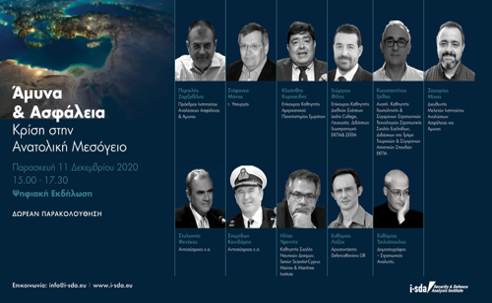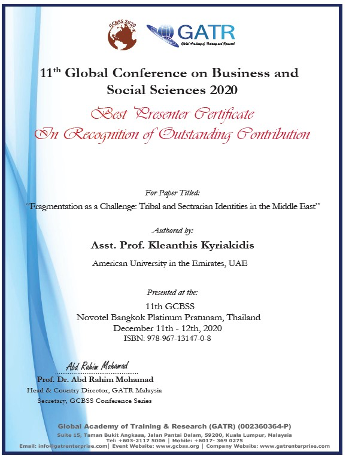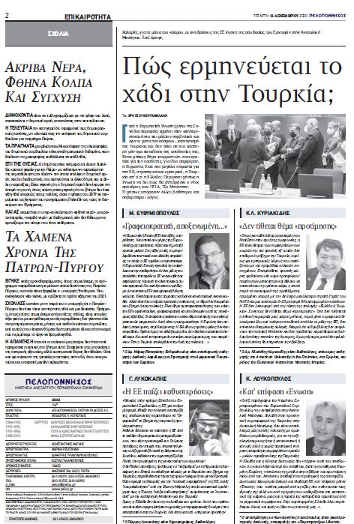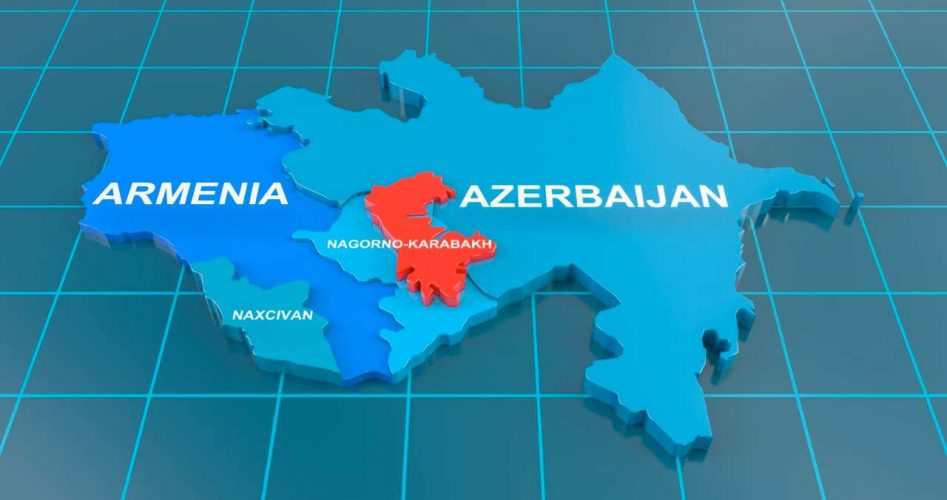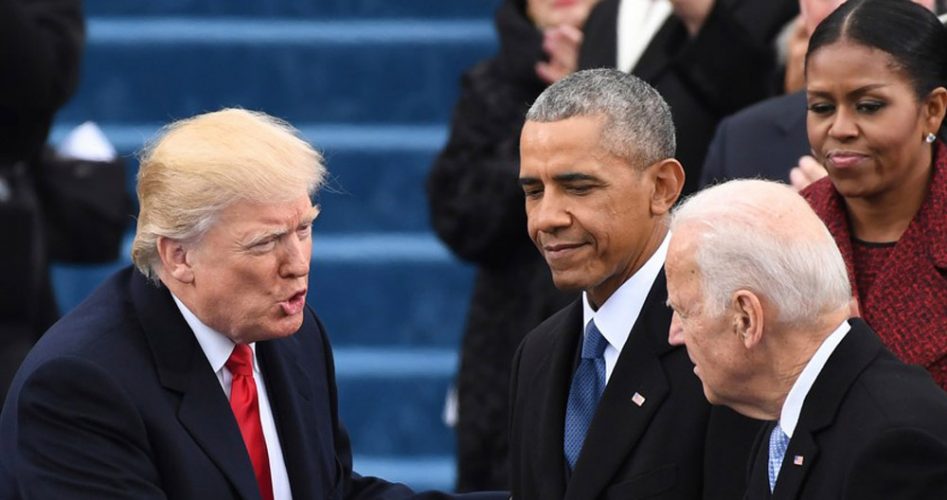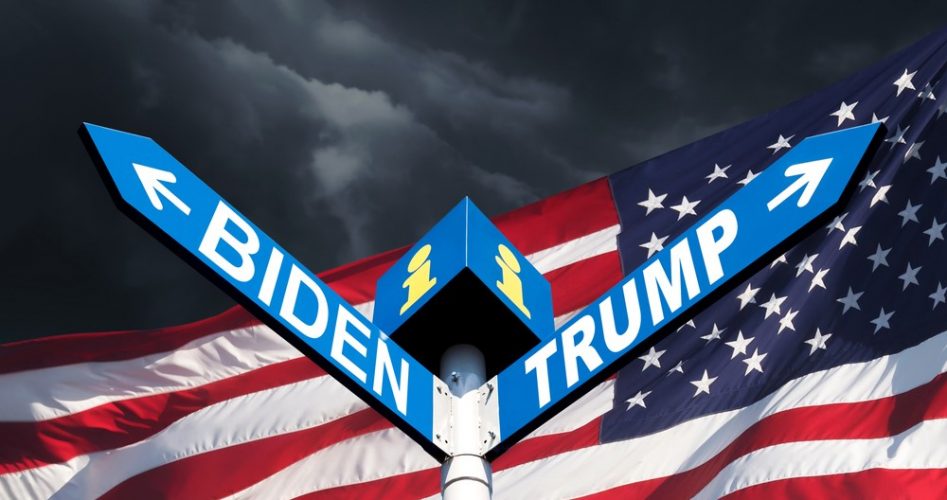By Dr. Kleanthis Kyriakidis, Program Director MA in Diplomacy
There is no doubt that the Palestinians with their maximalization policies lost many chances to solve the notorious Palestinian issue. There is little doubt that they use terrorism and especially Hamas, an offshoot of the Muslim Brotherhood, a group heavily backed (politically and militarily) by the axis Tehran – Ankara – Doha.
On the other hand, there is also no room for doubt that Israel has been provoking the Palestinians (not to say the entire Muslim world on the day of Eid Al-Fitr). The recent provocations reminded Ariel Sharon’s “effort” to instigate the 2nd Intifada via his notorious visit to the Temple Mount. As Sharon did that knowing the reactions, Benjamin Netanyahu, for his own domestic political issues, provoked what we have been witnessing today.
Do the Palestinians have the right to be angry? Definitely, yes. However, no one gives the right to Hamas to target innocent people with indiscriminate rocket attacks or to use human shields as it has done so many times in the past.
Do the Israelis have the right to self-defense? Definitely, yes. However, this cannot be used as a pretext for over 500 missile and another 500 bomb attacks with more than 150 Israeli fighters and bombers flying simultaneously over Gaza. At the time of the writing of this Op-Ed very few Hamas rockets actually hurt Israel (7 people died), while the retaliation has already cost more than 100 Palestinian lives and more than 1,300 wounded. As a reminder, disproportionality is a war crime.
What was the international reaction? Israel did not accept the Egyptian offer to mediate and the Hamas offer for a cease-fire. Saudi Arabia and Jordan asked from Israel to stop its attacks and violations, asking for international pressure on Tel Aviv. The former also asked for an emergency meeting of the Organization of Islamic Cooperation. In a “cold war” atmosphere USA supported again Israel while Russia the Palestinian side (while both trying to keep distances from excesses and asking for self-restraint from both sides). France moved on to remind Israel the principle of proportionality. From the EU countries, Germany was the one who stood closer to Israel, while Ireland the one closer to the Palestinian side. As everybody can understand, Turkey and Iran celebrate. This escalation allows them to portray themselves as “champions of the Palestinian cause” against “the Zionists”, finger pointing all Arab States as traitors who do not support the fellow Palestinians! What an irony!
Moving on to what has to be done, this is not a blame-game. The amazing efforts to build a new stable Middle East with the Abraham Accords are in danger. Confidence building is a very hard process and takes time. Nonetheless, wrecking trust can be “achieved” in seconds and it can be irreversible. Netanyahu with his reckless response puts the entire Middle East peace process at stake despite the amazing efforts of the United Arab Emirates, the country which really played a crucial role to building a better common future based on tolerance.
Last but not least, the son of the Israeli Prime Minister rebuffed the Turkish accusations of genocide and truly this is too harsh of criticism for Tel Aviv. But, you should take a note: When Turkey accuses you of genocide, you must think your actions over and over again. Erdogan know what he is talking about. After all, Turks (actually Ottomans) have historically been the foremost experts in genocide!
